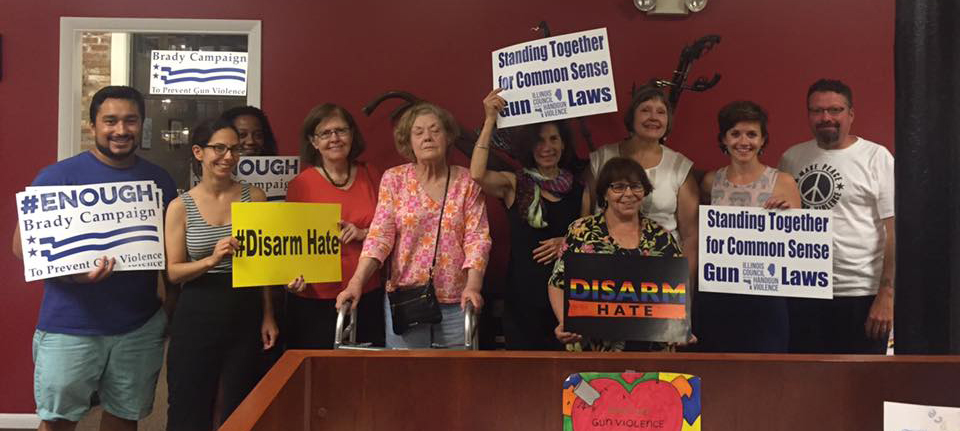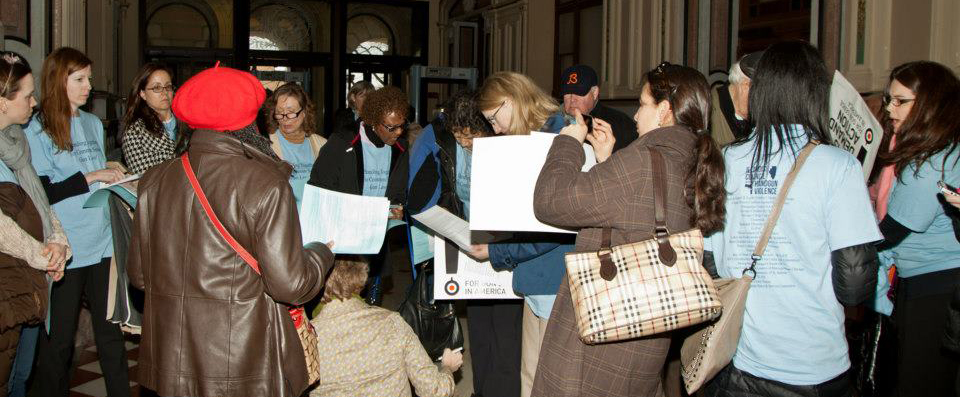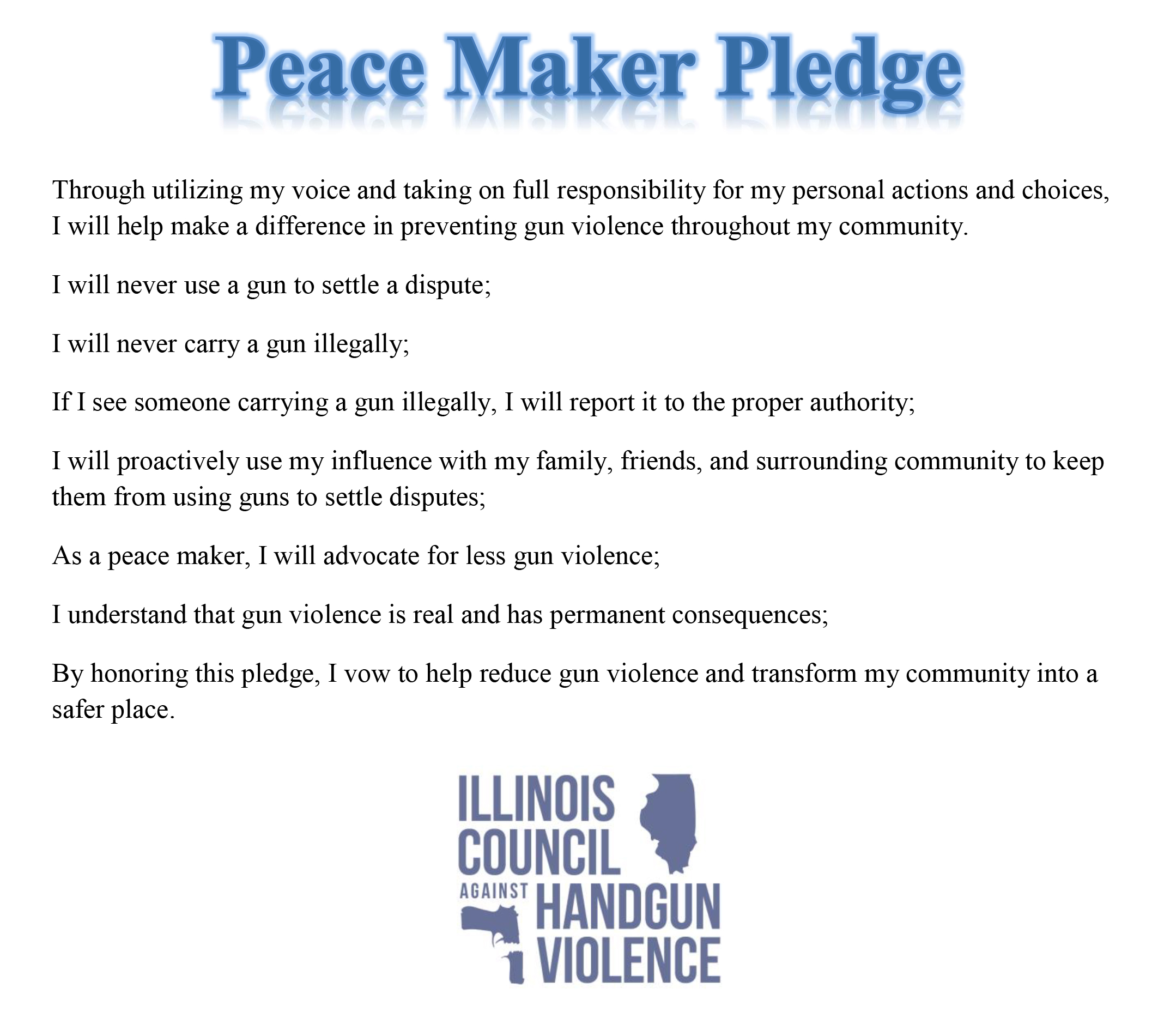
New Momentum in the Attack Against Handgun Violence
40-year-old organization provides veteran leadership in the current climate
The last 12 months have brought some key legislative victories for advocates of handgun violence prevention — within the last year, The Illinois Council Against Handgun Violence (ICHV) has focused on advocating for bills that will reduce illegal firearms across the state, require state licensing for gun dealers, and keep guns away from those believed to be a danger to themselves or others.
According to ICHV campaign director Mark Walsh, the organization’s efforts to educate the public and lawmakers, as well as advocate for policies aimed at reducing gun violence, have become even more imperative and invigorated.
One of those bills, the Combating Illegal Gun Trafficking Act (SB 337), should be on its way to Governor Rauner’s desk after successfully passing through the House and Senate in May; the bill incorporates part of the Gun Dealer Licensing Act (SB 1657), a proposed bill (vetoed in April) requiring Illinois gun dealers to obtain both a federal and state license.
An additional bill signed into law, SB 3256, requires a 72-hour waiting period for all firearm purchases; the prior law required a 72-hour wait for handguns, while long guns, such as rifles, and assault weapons like the AR-15, required only a 24-hour wait. The 72-hour “cooling period” is expected to help prevent dangerous, impulsive decisions by the buyer and allow more time for background checks. Additionally, the Firearm Restraining Order (HB 2354), addresses violence around suicides, school shootings, and domestic abuse by empowering family members or law enforcement (individuals who are often the first to witness pertinent signs and warnings) to petition the court to seize all firearms for a six month period from those believed to be a danger to themselves or others.
“We’ve seen legislation like this adopted in other states,” Walsh said. “Connecticut has had it in place for a few years, and they’ve seen a decrease in the number of suicides.”
ICHV has also had success in its defensive efforts; the organization takes credit in helping to stymie State and National Rifle Association priority legislation during last winter’s session of the Illinois General Assembly, including a bill to legalize silencers.
“It’s a testament to the work we’ve been doing, educating legislators, and the public increasing its support of what we’ve been working on,” Walsh says. “It’s been a lot of hard work, not just from us and the coalition, but from the relentless and focused support from our House and Senate sponsors to get these bills passed.”
“I’ve been working in this space for about 10 years and I’ve never seen this kind of legislative success,” he added.
A significant challenge faced by gun violence prevention organizations is the lack of data on firearm violence. According to ICHV, nationally, about 30,000 people are killed yearly, and another 60,000 are shot and survive. Walsh says that in an area like Chicago, where there are strong pockets of gun violence, the statistical breakouts can be overwhelming; however, he is encouraged to see people and organizations — such as our Safe & Peaceful grantees — turn that reality into a sense of action.
“A lot of our policy work is based on what we think will be effective in reducing illegal firearms across the state,” Walsh explains. “Many people realize legislation alone is not going to solve gun violence, but if we can keep these guns from getting in the hands of people who should not have access to them, we’re saving lives, and that’s a key thing to remember.”
“To me, it’s a public health crisis and it’s important to remember that gun violence is more than just guns and bullets: It’s people turning their heads to the socioeconomic impacts of gun violence. We tend to vilify whole communities due to high gun violence rates, but we have to ask ‘why’ and ‘how’ can we solve that — it’s clear that it’s by improving economic opportunities, improving educational services, and repairing communities, and that’s not simple,” Walsh adds.
This is a story about the Gun Policy strategy of the Partnership for Safe and Peaceful Communities.



